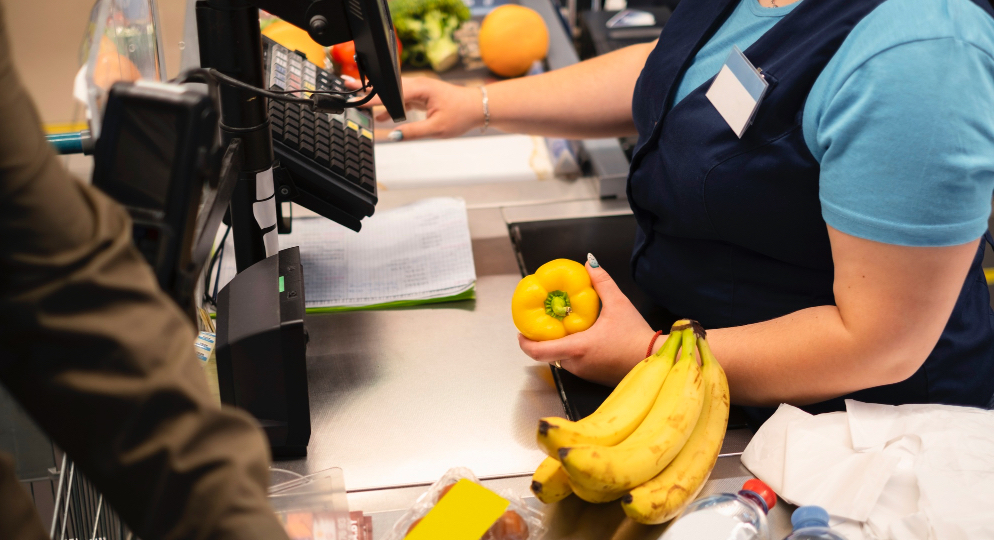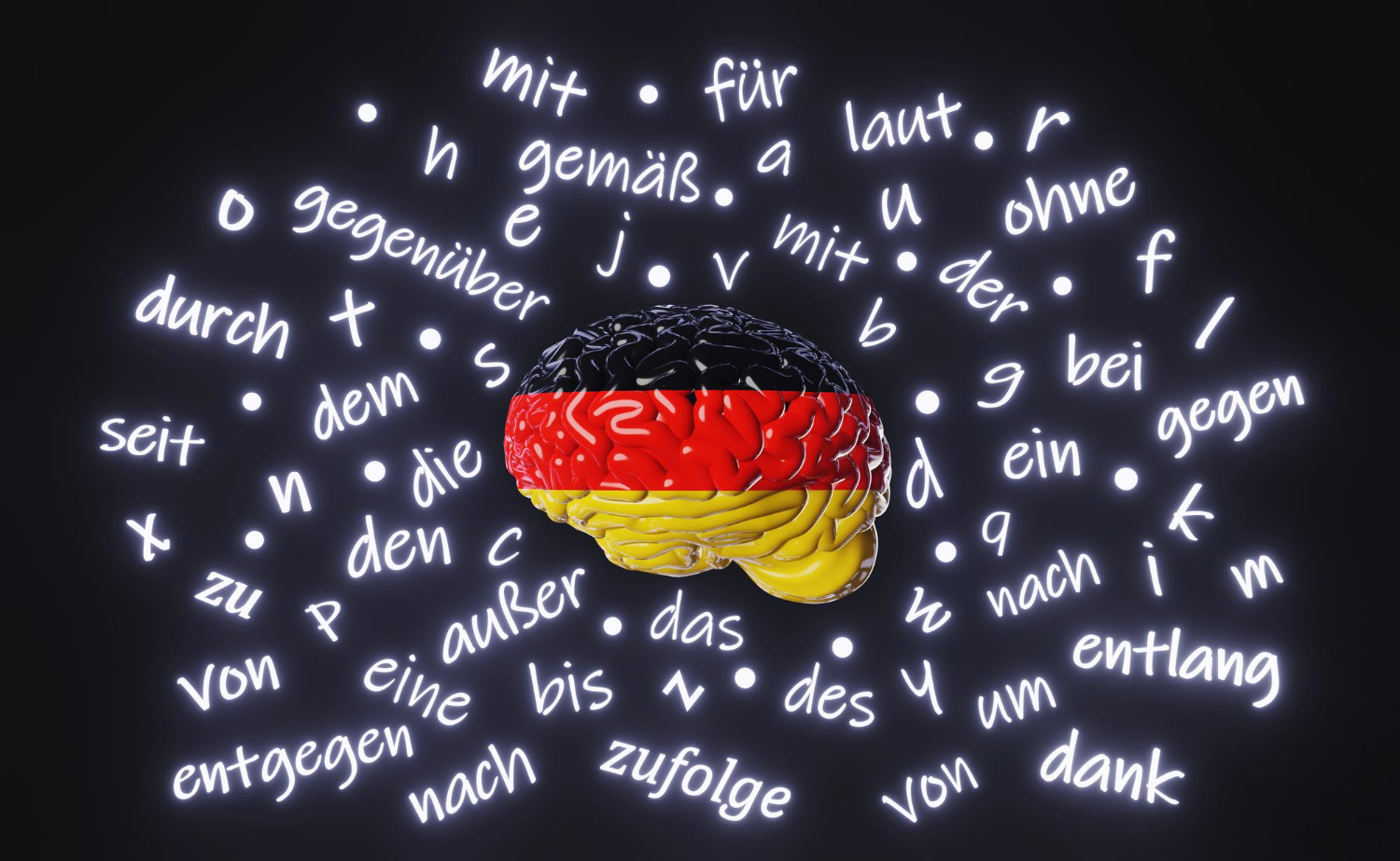Have you ever felt like you’ve entered a supermarket speed-dating event when all you did was queue up at the checkout in a German supermarket? If you have, then you’ve encountered the legendary speed of German cashiers. It’s not just a myth; German cashiers are incredibly fast, and there’s a method to the madness. Let’s dive into why German cashiers operate at warp speed, with a few humorous anecdotes to keep things light.
Supermarket Efficiency: The Lidl and Aldi Effect
First on our list is the efficiency mandate set by supermarket giants like Lidl and Aldi. These chains have turned the checkout process into a high-speed sport, setting expectations for their cashiers to scan items at breakneck speeds. It’s like watching a Formula 1 pit stop but with groceries instead of tires. The result? A checkout experience that’s as quick as it is efficient, leaving customers marveling at the speed and wondering if they accidentally hit the fast-forward button on their day.
Take a Seat, Speed Ahead
Unlike in the U.S., where cashiers stand as if bracing for a marathon, European cashiers, including those in Germany, are seated. This comfortable position allows them to concentrate solely on scanning items, turning them into the Yoda of checkout counters – wise in the ways of speed and efficiency, all while conserving energy.
The Customer’s Role: Ready, Set, Scan!
German efficiency extends beyond the cashiers themselves to include customer preparedness. As detailed in Medium, customers are expected to be organized and swift, with their items ready to be scanned and bagged at lightning speed. Imagine a relay race where slow bagging is the only thing standing between you and the finish line. Yes, it’s that intense, and yes, you will be judged silently for not keeping up.
Flexibility at the Register
The setup at German registers further contributes to the cashiers’ speed. With chairs that are attached to the desk, cashiers have the flexibility to sit or stand, allowing for quick transitions and movements. This not only adds to their efficiency but also ensures that they’re comfortable while setting scanning records that would make a barcode blush.
The Checkout Sprint: A Cultural Phenomenon
In conclusion, the remarkable speed of German cashiers is the product of meticulous supermarket policies, ergonomic workplace designs, customer cooperation, and a culture that values efficiency above all. Next time you find yourself at a German supermarket, take a moment to appreciate the skill and precision of the cashier zipping through your shopping like a culinary conductor, leading the symphony of beeps to a swift crescendo.
Remember, in Germany, the checkout line is not just a place to pay for your groceries; it’s a test of your readiness, a tribute to efficiency, and a uniquely German experience that will leave you both bewildered and impressed. So, grab your shopping list, and let’s race – may the fastest shopper win!







